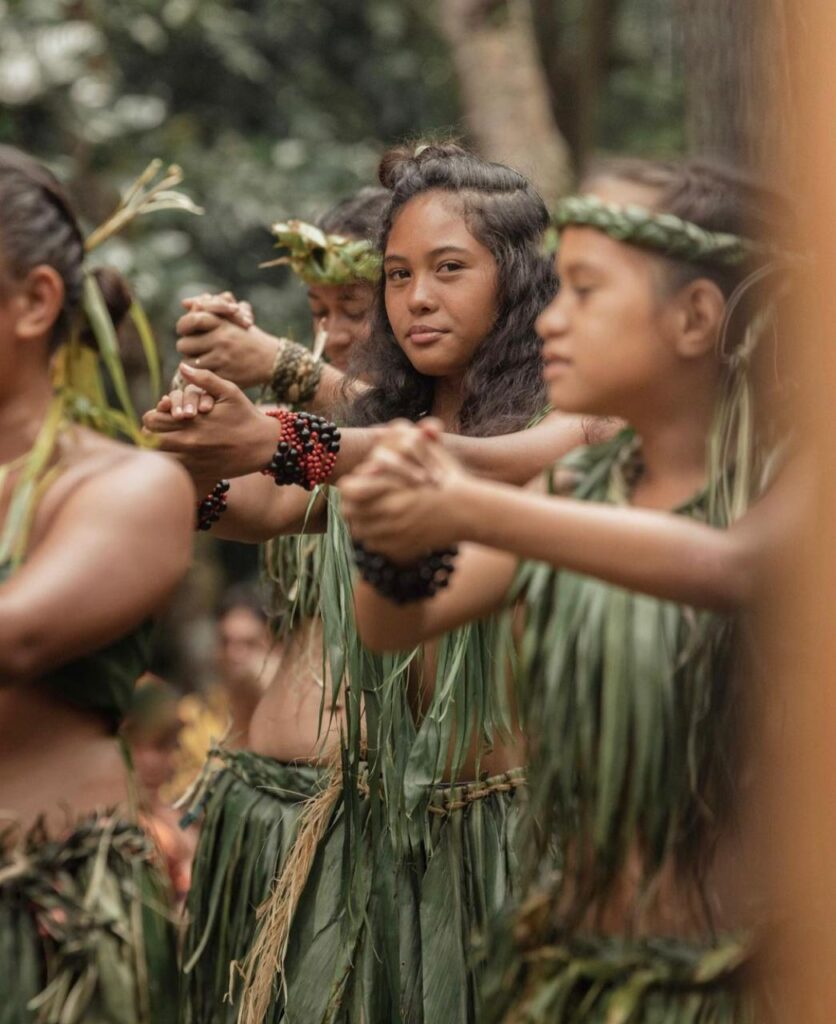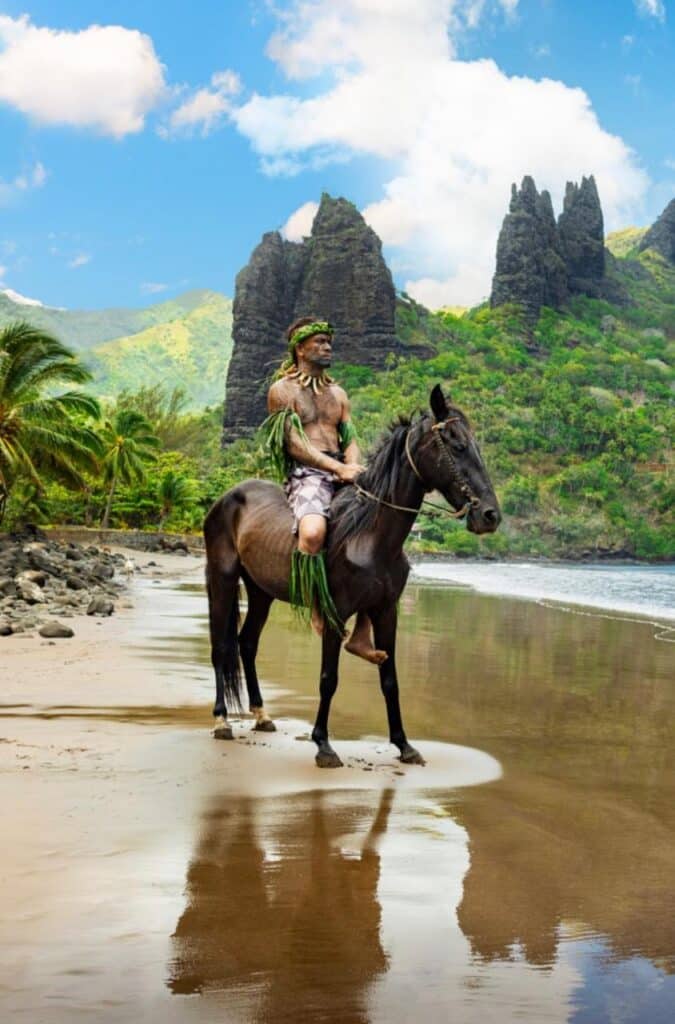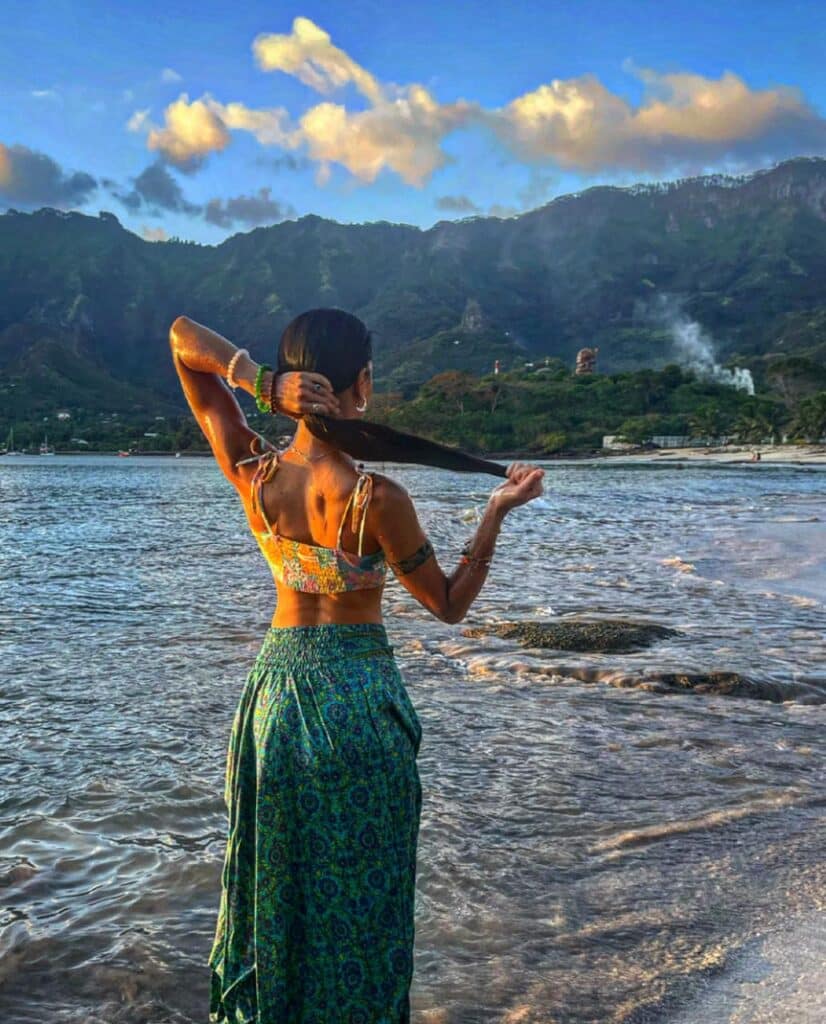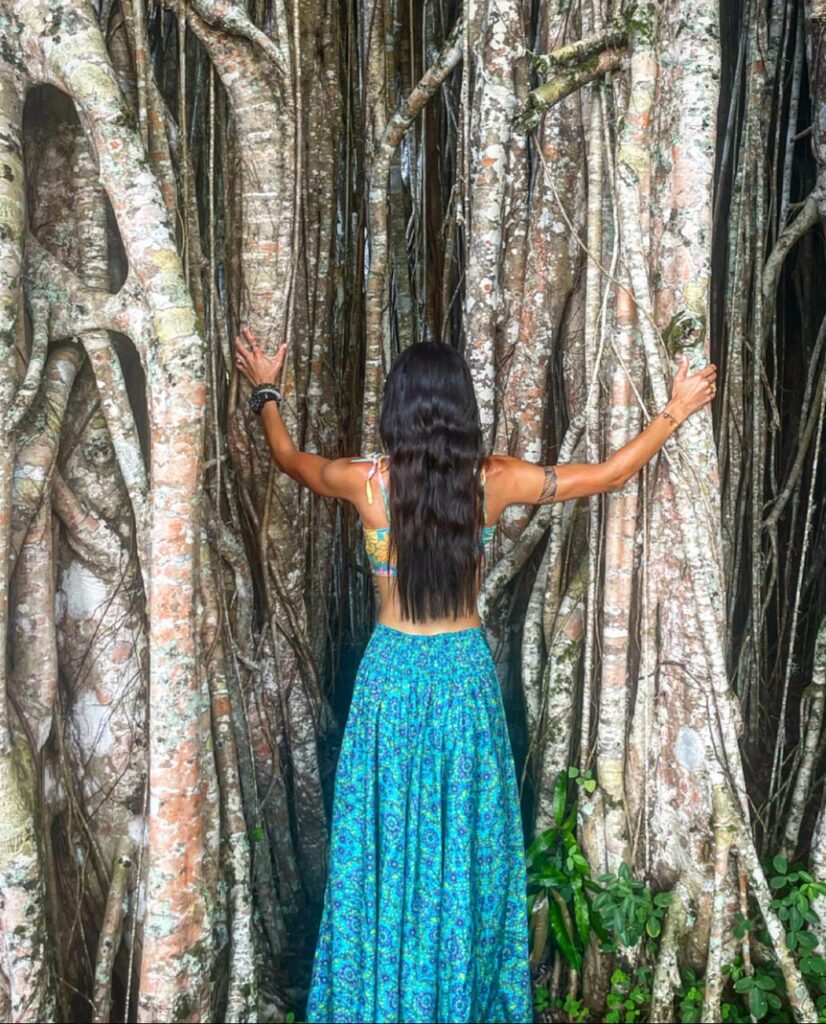Polynesian Tribes: A Tapestry of Beliefs and Practices



I define myself a very curious and International person. I…
Polynesia, an expansive region of the Pacific Ocean, is home to a rich culture, each with its own unique spiritual beliefs and practices. The islands that form Polynesia, such as Hawaii, Tahiti, Samoa, and New Zealand, share a common ancestry but have evolved distinct traditions. One of the most striking aspects of Polynesian societies is the deep connection between spirituality and daily life. In these cultures, the sacred and the mundane are intricately interwoven, and spirituality influences everything from navigation and agriculture to social structures and relationships with the natural world.
The Divine and the Natural World
At the heart of Polynesian spirituality is the belief in a pantheon of gods and ancestral spirits who govern various aspects of life. These deities, often associated with natural forces like the sea, the sky, the winds, and the earth, are revered through rituals, prayers, and offerings. For many Polynesian cultures, the boundaries between the human and the divine are fluid. Gods and spirits are seen not as distant, abstract entities, but as active participants in the world of the living, influencing the present and shaping the future.
For instance, in the Hawaiian culture, for example, the concept of ‘Aloha Aina‘ reflects the reverence for the land and the interconnectedness of all life. The term literally translates to “love of the land,” but it implies a deeper spiritual connection to the natural world. Hawaiians believe that the land is sacred, imbued with mana (spiritual power), and that human beings must live in harmony with nature to maintain balance and well-being. This respect for nature is reflected in the Hawaiian creation myth, where the goddess Pele, the goddess of fire and volcanoes, represents both the destructive and creative forces of nature.



Traditional Spiritual Practices; Image Source: Sonia Haboub
Ancestors and the Spirit World
Ancestral veneration is another core element of Polynesian spirituality. Ancestors are not viewed as distant figures of the past but as active, living presences in the lives of their descendants. Ancestors are believed to continue to influence the world, providing guidance, protection, and sometimes warnings. This belief is especially strong in cultures like those of Samoa, Tahiti, and Tonga.
In Tahiti and the broader Society Islands, the spirits of the deceased are thought to remain in the community, continuing to guide their descendants. The Polynesian practice of Tatau (tattooing) is also a form of honoring the spirit world. Tattoos are more than just decorative; they are believed to be a medium through which ancestral spirits communicate with the living, providing strength, protection, and a connection to the past.


Polynesian People & Culture; Image Source: Sonia Haboub
Rituals and Ceremonies
In Tahitian culture, the traditional practice of Heiva involves a variety of spiritual and physical expressions, including dance, music, and sporting events, which serve to honor the gods and affirm the unity of the community. The Marae, a sacred ceremonial space, serves as the focal point for many of these rituals, where offerings are made to the gods, and prayers are spoken to invoke blessings for the people and the land.
Sea, Water and the spirit behind
The sea holds a central place in Polynesian spirituality, not just as a means of transportation or a source of food, but as a powerful, sacred entity. In ancient Polynesia, the sea was seen as both a literal and metaphorical connection to the divine. It was believed that the gods and ancestors traveled over the ocean, and voyaging itself was a deeply spiritual act.
The practice of navigation in Polynesian culture is inextricably linked to spirituality. Polynesian navigators, who used stars, ocean swells, and other natural signs to guide their canoes across vast distances, viewed their voyages as sacred missions. The act of voyaging was not just about reaching new lands; it was about maintaining a spiritual bond with the gods and the ancestors, fulfilling a divine purpose.
Polynesian spirituality is indeed a profound and intricate worldview that permeates every aspect of life. From the reverence for nature and ancestors to the sacredness of the land and sea, Polynesians view the world as a deeply interconnected web of spiritual forces.



Sonia Experiencing The Sacred Island; Image Source: Sonia Haboub
Their spirituality is not confined to rituals or ceremonies but is lived daily, shaping their relationships with each other, their environment, and the divine.
This holistic approach to spirituality continues to thrive in contemporary Polynesian societies. In fact, for Polynesians, spirituality is not a separate part of life, yet it is life itself.
What's Your Reaction?

I define myself a very curious and International person. I have been living, studying, working and traveling in 95 different countries for the last 14 years. That experience helped me develop an international mindset both professionally and personally. I have worked in Marketing/Communication and Business development positions in the Fashion and Luxury industry as well as in other three industries before landing as a PhD Professor and Marketing content creator on my social medias page. That helped me to became much more agile in connecting and developing projects, ideas and give innovative solutions while keep evolving and adapting to new situations. I am also an Athlete and a Runner. I have always been in the sports field since I was 3 years old. Today I compete in the GCC region weekly and abroad monthly. Traveling is one of my hidden passions and it has always been a family tradition, yet also a true and life changing therapy. Growing up in a multicultural family in a stunning landscape in the Italian Alps, I’ve always been attracted to other cultures and amazing natural Earth wonders. I’ve always been a very curious person who loves and enjoys the everyday challenges. This, enhances even more during my travels. I often get the question: “What was your favorite country to travel or live in?” Or “Where are you from?” To be honest, after being in so many countries and speaking 8 languages, I consider myself a World Citizen.



